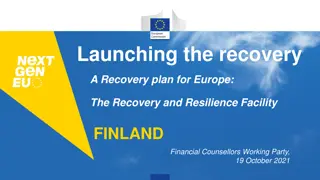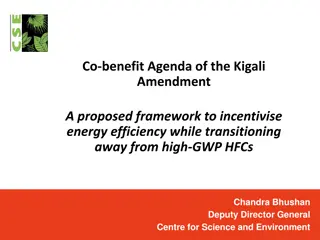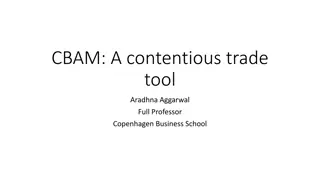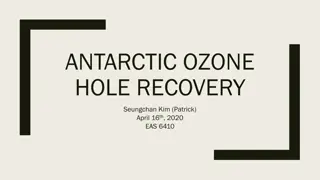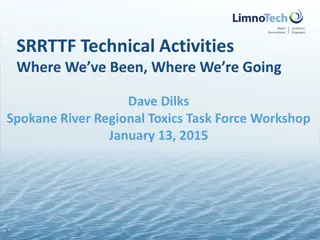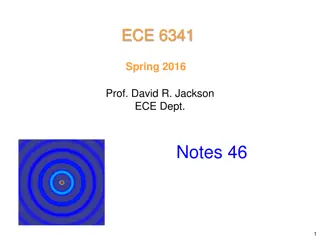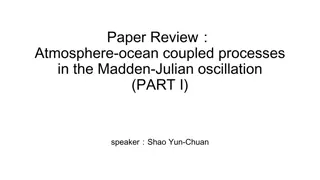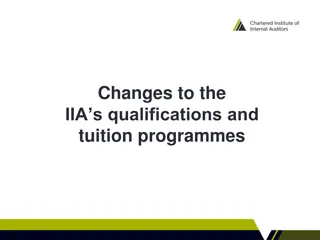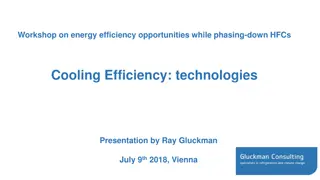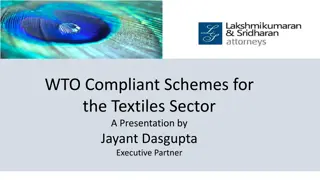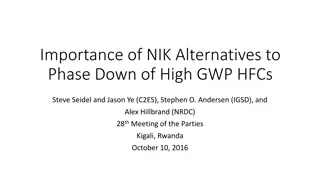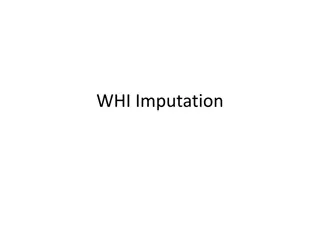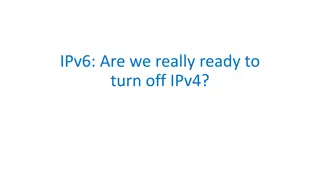ERCOT Resource Integration Recommendations for Quarterly Stability Assessment
ERCOT's Resource Integration Working Group, led by Jenifer Fernandes, outlines important guidelines and deadlines for Quarterly Stability Assessments (QSA) and synchronization of generation resources. The group emphasizes the proper planning and review processes to ensure the reliability of the grid
4 views • 13 slides
Building a 40-Meter Turnstyle Antenna: Step-by-Step Guide
Learn how to construct a 40-meter turnstile antenna for improved signal coverage using detailed instructions, diagrams, and recommended coaxial cables. Discover the materials needed, calculate dipole lengths, set up the phasing line, and optimize performance for HF frequencies.
0 views • 17 slides
Finland's Recovery and Resilience Plan for Europe: Overview of Key Initiatives
Finland's Recovery and Resilience Plan focuses on addressing challenges identified in CSR reports through a balanced response that promotes growth, resilience, and social impact. Key areas include green and digital transitions, resilience in health and social care, competitiveness and growth, and ed
0 views • 10 slides
Transitioning Towards Energy Efficiency: Co-Benefit Agenda of the Kigali Amendment
The Kigali Amendment proposes a framework to incentivize energy efficiency while phasing out high-GWP HFCs. Reports highlight the urgency to limit global warming to 1.5°C, emphasizing the need for deep emission reductions across all sectors. Investments in low-carbon technologies and energy efficie
0 views • 17 slides
Understanding CBAM: Perspectives on the Controversial Carbon Pricing Policy
The article delves into the contentious trade tool CBAM, focusing on its impact from various perspectives such as the EU, driver of CBAM, exporting countries, and challenges related to data sharing. It discusses how CBAM aims to balance carbon pricing norms for imported goods, the phasing out of fre
0 views • 11 slides
Antarctic Ozone Hole Recovery and Future Challenges
Depletion of the stratospheric ozone layer in Antarctica due to chlorine emissions led to the formation of the ozone hole. Since the phasing out of Ozone-Depleting Substances (ODSs) under the Montreal Protocol, there has been a reduction in anthropogenic ODSs in the troposphere. Observations and che
0 views • 12 slides
Exploring SRRTTF Technical Activities for Spokane River Toxics Task Force
Delve into the technical activities of the Spokane River Regional Toxics Task Force, focusing on objectives, study areas, phasing of activities, and findings from past workshops to understand and address sources of toxics in the Spokane River watershed.
0 views • 17 slides
Understanding the Array Scanning Method in Electromagnetics
Exploring the Array Scanning Method (ASM) for analyzing the field of a single source near an infinite periodic structure. The notes cover the geometry, analysis, phasing, and field calculations involved in an infinite 2D periodic array of metal patches excited by dipole sources, providing insights i
0 views • 25 slides
Understanding Atmosphere-Ocean Coupling in Madden-Julian Oscillation
Atmosphere-ocean coupled processes in the Madden-Julian Oscillation (MJO) play a crucial role in intraseasonal oscillations. This paper review by Shao Yun-Chuan explores how the ocean's Sea Surface Temperature (SST) influences surface fluxes, MJO convection, and energy balance dynamics. It delves in
0 views • 17 slides
Changes to IIA Qualifications and Tuition Programmes
The International Internal Auditors (IIA) is making changes to its qualifications and tuition programmes, phasing out the IIA Diploma and introducing the Certified Internal Auditor (CIA) and Qualification in Internal Audit Leadership (QIAL). Transition arrangements are in place for current students,
1 views • 14 slides
Workshop on Energy Efficiency Opportunities in Phasing Down HFCs: Cooling Efficiency Technologies Presentation
Presentation by Ray Gluckman at a workshop held in Vienna on July 9th, 2018, highlighted the significant potential to improve efficiency in cooling systems while phasing down HFCs. The session covered key principles, examples of efficiency improvements, impact on capital costs, and factors influenci
0 views • 27 slides
Overview of WTO-Compliant Schemes for Textiles Sector
This presentation by Jayant Dasgupta, Executive Partner, discusses WTO-compliant schemes in the textiles sector, covering definitions of subsidies, permissible subsidies, prohibited subsidies, and the phase-out of export subsidies by developing countries. It also addresses the current status of Indi
0 views • 8 slides
Importance of NIK Alternatives in Phase Down of HFCs
NIK alternatives play a crucial role in phasing down high GWP HFCs, with a focus on next-generation solutions like HFOs and HFO/HFC blends. These alternatives have zero ODP and low GWP, making them effective replacements for various sectors. Regulations in the EU, US, Japan, and Canada are driving t
0 views • 15 slides
Understanding Phasing in Personal Genomics
Phasing in personal genomics involves resolving haplotypes from diploid genotypes to identify associations with diseases, compound heterozygosity, shared haplotypes, and ancestral origins. It helps in detecting relatives, historical recombination events, and haplotypes under selection. Different typ
0 views • 53 slides
Genomic Imputation Pipeline Overview
This document outlines a genomic imputation pipeline for multiple GWAS studies using reference panels such as 1000 Genomes Phase I data. It covers steps like data matching, phasing, and imputation using tools like Beagle and Minimac. The expected output includes imputed dosages and quality measures.
0 views • 6 slides
The State of IPv6 Transition: Are We Ready to Turn Off IPv4?
Despite decades of effort, the transition from IPv4 to IPv6 has been slow. Currently stuck in Phase 2, with only a small percentage of Internet users having IPv6 capabilities. New deployments lean towards IPv6 but the majority still rely on IPv4, with gradual migrations to dual-stack for legacy netw
0 views • 49 slides


